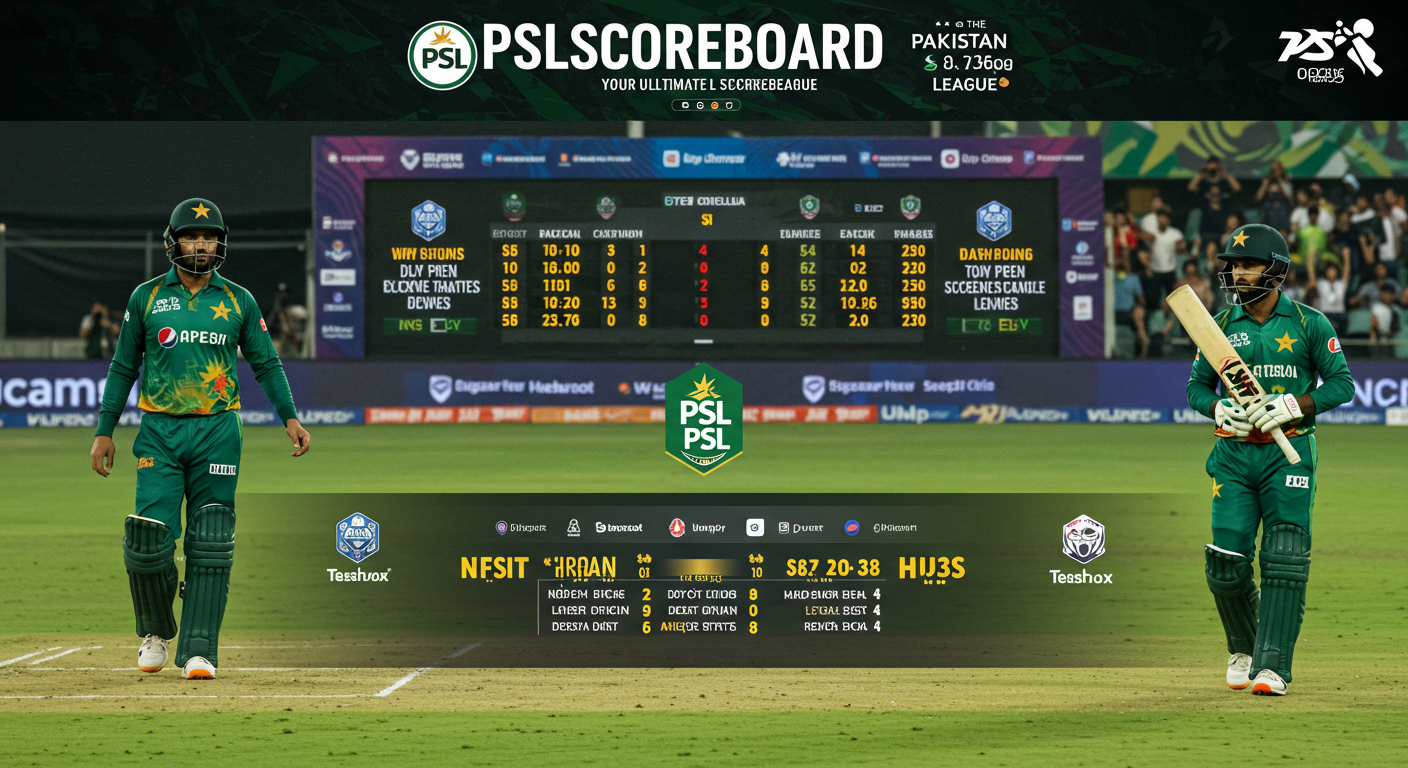Pakistan National Cricket Team Coaches: A Journey Through Leadership

Pakistan National Cricket Team Coaches: A Journey Through Leadership
Pakistan’s cricket journey has been shaped by a fascinating tapestry of coaches, each leaving an indelible mark on the team’s trajectory. From iconic figures to contemporary mentors, this article delves into the rich history of coaching, highlighting the successes, challenges, and evolving roles of those who have guided the green shirts to glory and disappointment. Discover the stories behind the strategies and the impact of these individuals on Pakistan’s cricketing identity.
A Glimpse into the Past: Early Influences
Understanding the present requires acknowledging the past. The early years of Pakistan cricket saw a blend of local expertise and foreign influences. Coaches played a pivotal role in shaping the initial strategies and the team’s approach to the game. These early mentors weren’t just strategists; they instilled the foundational values and principles that continue to shape the team today. While specific details of early coaching may be fragmented, the significance of these pioneers cannot be overstated.
The transition to more formalized coaching structures marked a turning point, with an increasing emphasis on technical skill development and strategic game planning. This era also witnessed the emergence of personalities who championed specific aspects of the game, from fielding drills to batting techniques, helping the team build a more robust foundation.
The challenges in Pakistan’s early cricketing history extended beyond the field; domestic structures and resources were often in their nascent stages. Coaches faced a unique set of obstacles in cultivating talent and maintaining consistency.
Turning Points and Controversies
Pakistan’s cricket history is punctuated by both triumphs and controversies, and coaches have often been at the epicenter of these events. Some coaches navigated periods of sustained success, while others were confronted with pressure and setbacks. Analyzing the careers of these mentors through a multifaceted lens helps us understand the context of these victories and defeats. Periods of intense scrutiny, like those involving controversy or criticism, add another layer to the narrative of the coaching legacy in Pakistan.
Consider the coaches who spearheaded successful campaigns. Their contributions extended far beyond tactical implementations, nurturing the players’ potential and fostering a positive team environment. The impact of these coaches is not just about winning matches, but also about molding players into well-rounded individuals.
Conversely, controversies surrounding certain coaching appointments or strategies have served as turning points, forcing the team to adapt and re-evaluate its approach. These situations, while challenging, have inadvertently contributed to the evolution of the team’s mindset and strategies.
Modern Coaching Era: Adaptation and Evolution
The modern era of Pakistan cricket has seen a greater emphasis on data analysis, performance science, and innovative coaching methodologies. The need to compete in a rapidly evolving cricketing landscape has pushed coaches to adopt contemporary strategies. In this evolution, there has been a greater emphasis on psychological preparation, physical fitness, and the importance of a holistic approach to player development.
Coaches in this era faced the challenge of implementing sophisticated training plans while simultaneously addressing the unique cultural and social contexts that underpin Pakistani cricket. The increasing use of technology in training and player development has presented both opportunities and complexities.
There have been notable successes and setbacks. Some coaches have managed to instill a winning culture, while others have faced the pressure of maintaining standards and dealing with the fluctuating fortunes of the team.
For example, successful coaches have fostered a culture of teamwork, ensuring that every player feels valued and contributes to the team’s overall success. This approach has led to a more unified and productive environment, which is essential for peak performance.
But coaches are also faced with the ever-present pressure of results. Pressure can impact players’ performances negatively, highlighting the crucial role of a coach in maintaining a positive and supportive environment.
The Future of Pakistan Coaching
Looking ahead, the future of Pakistan coaching hinges on continued innovation and adaptation. The need to cultivate local talent, while also incorporating global best practices, is paramount. Successful coaches of the future will need a deep understanding of modern cricketing principles, a strong ability to motivate and inspire players, and a nuanced understanding of the multifaceted challenges that confront Pakistani cricket.
The path ahead requires a commitment to player development, emphasizing not just technical skills, but also mental fortitude and character building. Continuous education and training for coaches will play a critical role in keeping them at the forefront of cricketing innovation. Fostering a culture of continuous learning within coaching ranks will be essential for the team’s future success.
Furthermore, the development of strong support structures within the coaching framework, including specialists in areas like nutrition, physiotherapy, and sports psychology, will significantly enhance player well-being and performance.
Ultimately, the success of Pakistan cricket relies on the ability of its coaches to inspire, guide, and motivate players to achieve their full potential, both on and off the field. Pakistan’s cricketing future hinges on the commitment of its coaches to fostering a winning culture, and a commitment to building a team capable of not just winning matches, but also embodying the values and spirit of the nation.
A detailed examination of Pakistan’s coaching history provides vital insights into the evolution of the game and the enduring impact of leadership on sporting achievements. Understanding the highs and lows, the successes and challenges, allows for a deeper appreciation of the players, the coaches, and the multifaceted journey of Pakistani cricket.